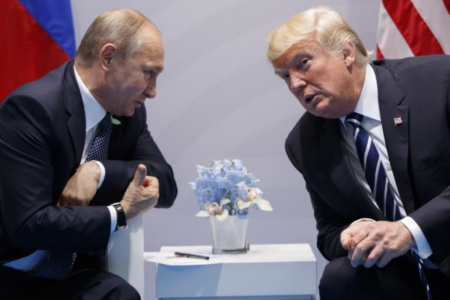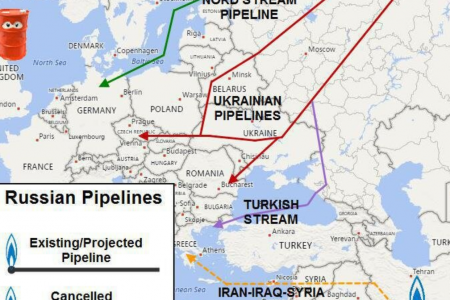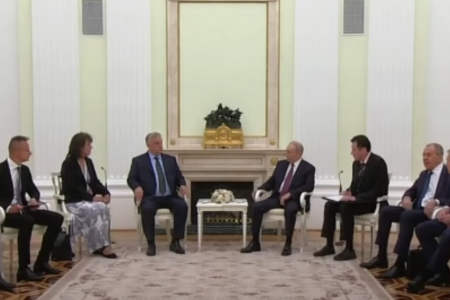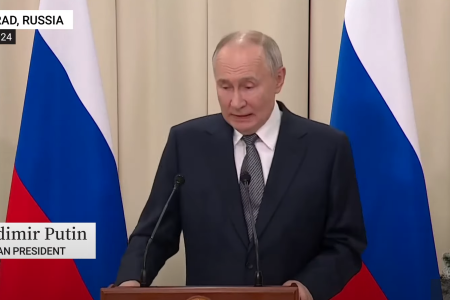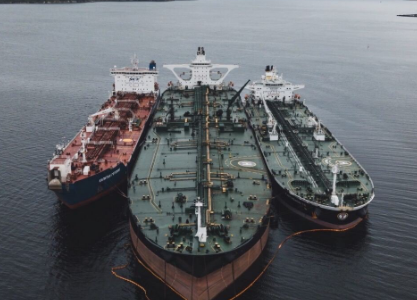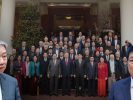
China hosted a meeting with 10 foreign ministers of ASEAN countries in the first two days of the past week, in Chongqing city. One of the contents is about the negotiation process of the Code of Conduct in the South China Sea (COC).
The Global Times recently reported that both China and ASEAN countries have shown their determination to work towards initial agreements for the COC negotiation.
Previously, the joint working group (JWG) on the implementation of the Declaration on the Conduct of Parties in the South China Sea (DOC) in charge of drafting the COC on May 27 held a special online meeting for the third time since the beginning of 2021. The increase in the frequency of the JWG-DOC meetings shows that the concerned countries are increasing their efforts on the South China Sea issue.
Controversial issues
After the parties agreed on the COC framework in May 2017, the COC consultation process began to negotiate on substantive issues that are expected to be sensitive and difficult. Until the completion of the first review of the COC negotiating text in May 2019, the main issues of the debate include the geographical scope and status of the COC, the obligation to cooperate, and the settlement of disputes. and the role of third parties. As a “living document” and “an ongoing process,” it is possible that new issues will emerge in the upcoming negotiations.
Last year was the year that the 2016 South China Sea Arbitral Tribunal’s Ruling was heavily invoked through the “war of notes” submitted by many countries to the UN after Malaysia submitted it to the Commission on the Limits of the Continental Shelf on the outer boundary of the continental shelf in the South China Sea. China has always expressed a position not to participate in the case and not accept the ruling, while the Philippines has not given up. The parties involved, though not participating in the lawsuit, include Vietnam, Malaysia, and Indonesia, but have invoked the Ruling directly or indirectly. Therefore, the next debate is whether the COC will cover the contents of the 2016 Ruling or not?
Two worrying issues
Two main issues have and will continue to affect the COC consultation process: the COVID-19 pandemic and China’s unrelenting aggression.
Due to the COVID-19 pandemic, information regarding COC consultations is quite limited. In 2020, the JWG-DOC can only hold a special online meeting in September. To date, video conferencing is the only method used by the mechanism to discuss the agenda, including the COC process.
The current phase deals with sensitive issues and requires “comprehensive diplomacy.” Without personal interaction, it is difficult to make significant progress. However, the online meetings all emphasized the importance of the COC for maintaining peace and stability in the South China Sea, and a consensus was always high to maintain the momentum of COC consultations and resumption of direct discussions when the pandemic is under control.
China is taking advantage of the pandemic situation to increase activities in the South China Sea to achieve its strategic goals, which affects the COC negotiation process.
Recently, China has not stopped its aggressive actions in the South China Sea (Vietnam calls it the East Sea while the Philippines names it the West Filipino Sea). Only from the beginning of 2021 until now, China has passed the Law on the Coast Guard, which allows the Chinese Coast Guard to strengthen “law enforcement” on the waters belonging to the EEZs of other countries., including the use of weapons if deemed necessary. On the other hand, China continues to strengthen its threat in the South China Sea, specifically, China used 220 fishing boats to intimidate the Philippines in the area of Whitsun Reef in Spratlys in early March. At the end of May, 16 Chinese aircraft violated Malaysia’s airspace, making Malaysia unable to keep its “silent diplomacy” but had to denounce the act of violating its sovereignty and threatening the safety of aviation of China.
In addition, the Taiwanese government said that in 106 days, from January 1 to April 16, up to 75 days (equivalent to 70% of the time) Chinese military aircraft violated the air defense identification zone of this island.
In the anxiety of threatening actions from China, the US has had to increase its military presence in this region, and at the same time, the US has also worked to unite allies and partners to promote their participation in US military activities in the South China Sea. Recently, the South China Sea has seen the presence of warships from Japan, Australia, Great Britain, and France. The number of military exercises has also increased. This also leads to an increased risk of military conflict in the sea.
These issues have provided additional impetus for countries in the region to consider policies and take action on issues affecting national security, including the COC consultation process.
Look to the future
In 2020, Vietnam, as the rotating chair of ASEAN, tried to push ahead with negotiations on the COC, but the COVID-19 pandemic interrupted Vietnam’s efforts. This year, Brunei holds the chair of ASEAN, with the role of Brunei, perhaps the COC negotiation process still faces many obstacles. However, even though the second review of the text of the COC negotiations has been halted because of the pandemic, both China and ASEAN have shown their commitment to continue negotiations.
In January 2021, Chinese Foreign Minister Wang Yi visited Myanmar, Indonesia, Brunei, and the Philippines. From March 31 to April 2, the foreign ministers of Singapore, Malaysia, Indonesia, and the Philippines visited China. China has actively used tricks to be able to pressure the COC consultation process in the way that China wants.
Vietnam has always firmly held the position that it is necessary to build an effective and substantive COC. That is, Vietnam wants if the COC is violated, the parties can bring that violation before the international court. Furthermore, the COC must really be a means of preventing an escalation of China’s aggressive actions in the South China Sea, otherwise, the COC will be no different from the previous DOC, simply a “political statement” only.
In 2022, Cambodia will replace Brunei to hold the ASEAN Chair. Given Phnom Penh’s close relationship with Beijing, and what Cambodia did in 2012, it is unlikely that the COC negotiations will progress.
The 2016 South China Sea arbitration ruling is still a factor causing differences of opinion among ASEAN members, however, more and more voices are demanding that some important contents of the ruling be included in the Draft COC.
As a regional organization, ASEAN has an important role to play in facilitating the early conclusion of the COC negotiation process. However, the division of interests among members, along with China’s ambitions, have brought the COC negotiation process to a standstill.
Thoibao.de (Translated)
Source: https://www.rfa.org/vietnamese/news/blog/coc-consultations-no-light-at-the-end-06102021132250.html








